Clarification wanted on South Korea’s new industrial accident law

Foreign companies are calling on the government to provide “clarity” and “predictability” on the tougher law relating to serious industrial accidents.
Malaysia mandates employers to post job vacancies on MYFutureJobs

Employers in the country must advertise job vacancies on the MYFutureJobs portal to ensure that these opportunities are offered to locals first
Cambodia introduces COVID-19 protocols for businesses

These include what to do when staff test positive, how to perform risk assessment and inspections, and procedures for monitoring and evaluation.
Singapore issued over $141,000 fines for workplace management breaches

These include asking employees to return to the workplace when they can work from home, and not implementing sufficient safe distancing measures.
Most workers in the Philippines will receive 13th-month pay

More than 80% of employers have given their workers their 13th-month pay as required by labour laws, or will do so in January.
Singapore bars unvaccinated workers from workplace from January 15

Workers who are partially vaccinated will be granted a grace period of up till January 31 to complete their full vaccination regime.
Singapore prepares for employees’ return to office
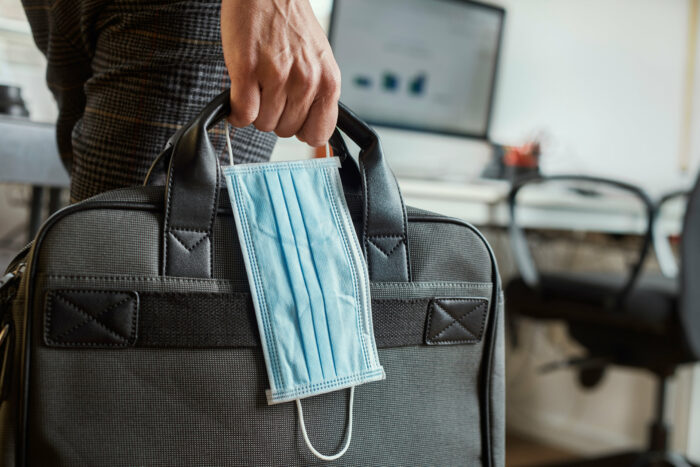
About 97% of the labour force have been fully vaccinated against COVID-19 with about 75,000 workers still unvaccinated as of December 5.
Most workers support COVID-19 vaccine and mask mandates

Workers who were most supportive of workplace vaccinations those who most likely to say that they would receive vaccinations to keep their jobs.
Malaysia enforces employment under Recalibration Programme
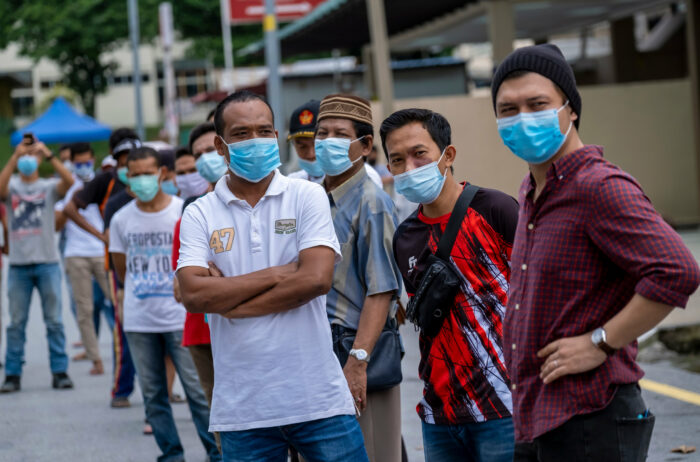
Employers need to hire the 280,088 foreign workers who have been registered under the Labour Recalibration Programme (RTK) within two weeks.
Vaccine mandates could see West Australians leaving jobs

About 55,000 West Australians were opposed to getting the vaccine, with 39,000 of them being in jobs where COVID-19 vaccination was mandatory.
Indonesia mandated to revise job creation law

The government will have to amend parts of the law within two years, or it would be deemed unconstitutional.
China’s Sichuan province takes tough stance on overtime work
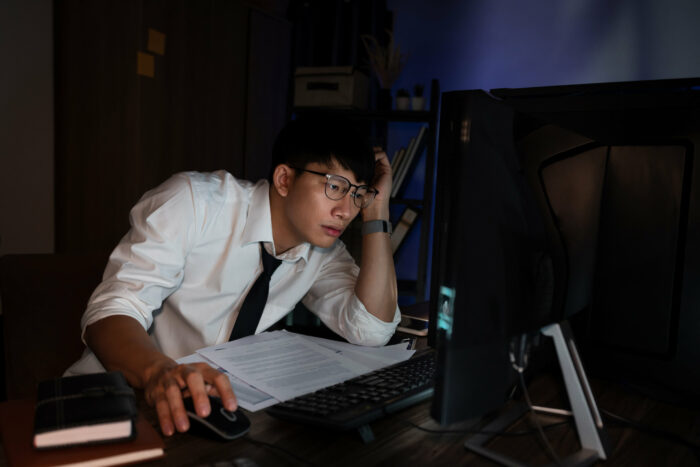
Sichuan province conducted a week-long inspection on overtime work and takes “zero tolerance” towards employers who breach labour laws.
Guidelines for unvaccinated, on-site workers issued in the Philippines

A “no work, no pay” scheme should only serve as a last resort for employers when dealing with their unvaccinated workers.
Full vaccination mandated for some workers in New Zealand

Unvaccinated staff in businesses where customers need to show My Vaccine Pass cannot work unless they are fully inoculated against COVID-19.
Malaysia helps more than two million workers stay employed
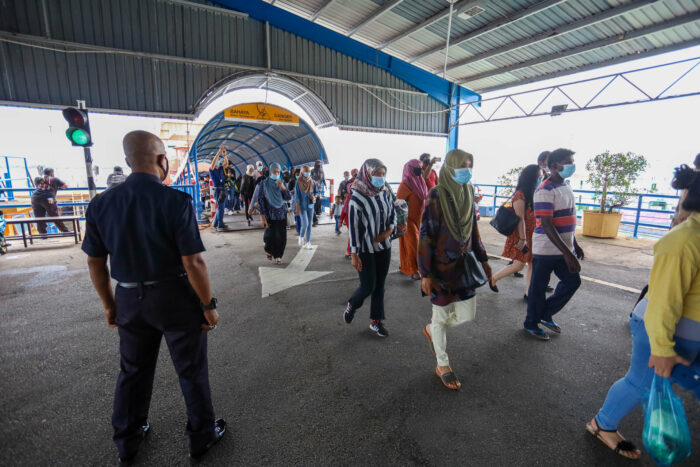
The government has distributed RM19.21 billion (US$4.6 billion) under its Wages Subsidy Programme (PSU) as of October 29.
Indonesian government told to act against minimum-wage violators

The government has been urged to strictly monitor the minimum wage implementation and take ‘firm action’ against violators.
MSMEs in the Philippines told to ensure payment of 13th month pay
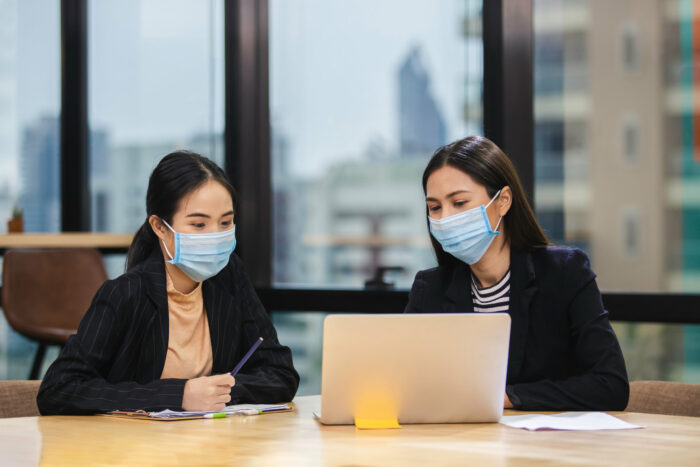
Micro and small businesses are provided with the option to apply for a government loan to pay employees their 13th month salary.
Vaccination for on-site workers to be mandated in the Philippines

The new measures will take effect on December 1, and those who choose to be unvaccinated will have to shoulder the cost of COVID-19 tests.
Hong Kong pushes for weekly COVID-19 test for public workers
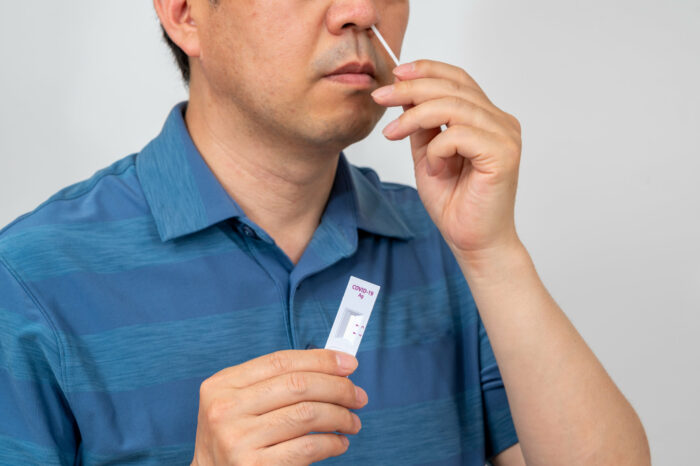
Unvaccinated government staff may need to get tested for COVID-19 every week instead of once every two weeks.
Unpaid leave await unvaccinated public officers in Singapore

Medically eligible public officers who opt to remain unvaccinated against COVID-19 may be asked to take unpaid leave.
Malaysia priorities safety of employees working from home
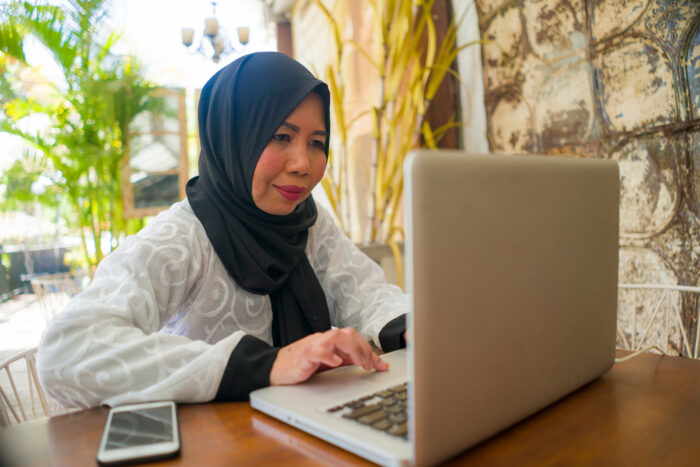
Malaysia is making amendments to the Employment Act 1955 on flexible work to ensure employees can work safely from home.
New Zealand makes vaccination mandatory for hospitality staff

Employees of businesses where customers are required to show vaccine certificates will be given four weeks to also get the jab or face sacking
Thailand to regulate digital platform businesses

To maintain financial and commercial stability, such businesses will have to provide notification before commencing operations.
Unvaccinated workers in Singapore could lose their jobs
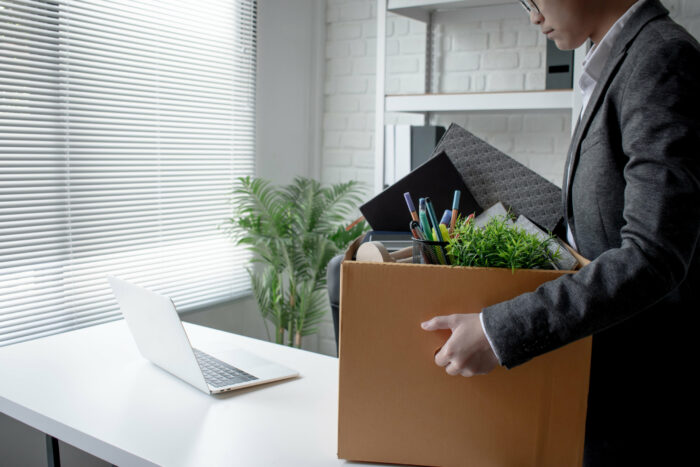
From 1 January 2022, workers who refuse to disclose their COVID-19 vaccination status will be treated as unvaccinated.
Malaysia proposes amending Employment Act

The human resources minister has tabled for the first reading a Bill to amend the Employment Act to insert a new section on paternity leave in Parliament.
Eateries, spas cannot sack unvaccinated staff in the Philippines

Businesses offering dine-in and in-person services cannot fire staff or withhold the salaries of those who are not vaccinated.
Unvaccinated workers not allowed back to the workplace in Singapore

From January 1 next year, only those who are vaccinated will be allowed back to the workplace, or if they have tested negative for COVID-19.
Malaysia’s civil servants told to get vaccinated or face dismissal
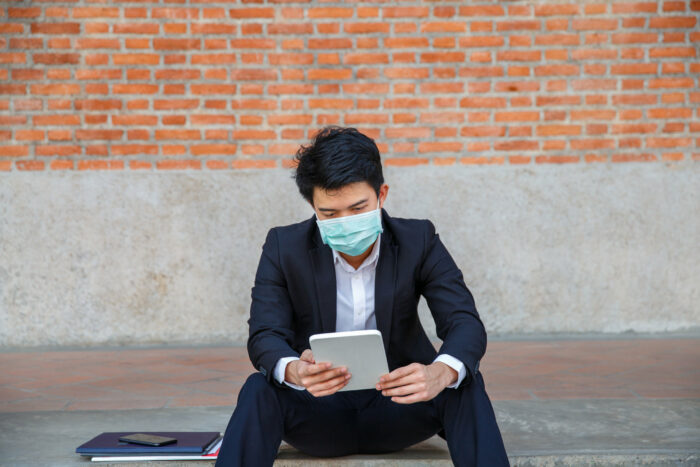
The Public Service Department (JPA) is mandating all medically fit civil servants to get the jab against COVID-19 or face the sack.
‘No vaccine, no pay’ practice declared unlawful in the Philippines

Some workers have said that they were not paid their salaries as they were required to first present proof of vaccination.
Australia mandates vaccination for service workers in Northern Territory

Australia’s Northern Territory has made it compulsory for anyone serving the public at work to be vaccinated against COVID-19.
